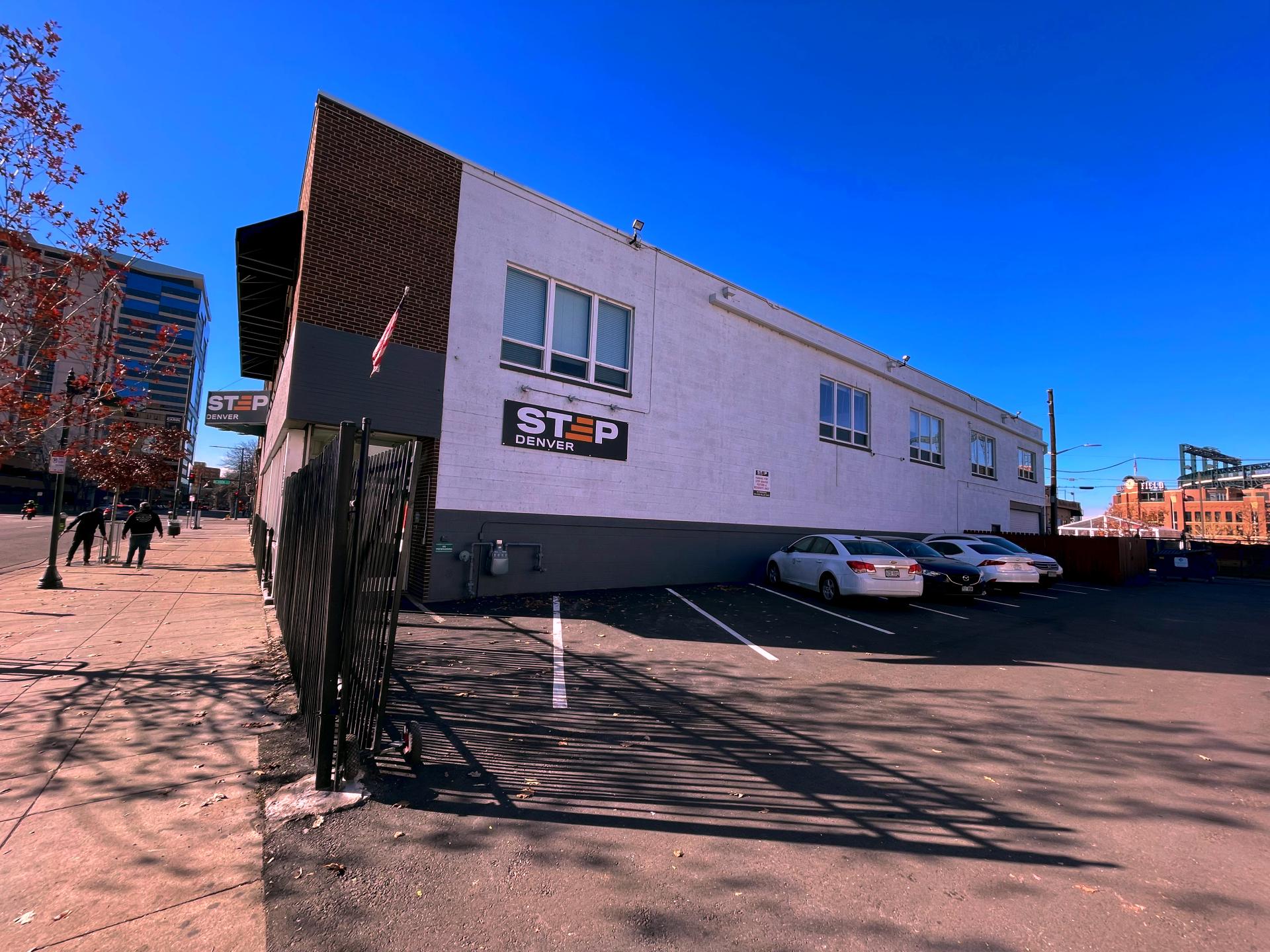When it comes to addiction, help is available in Denver, but a lot of people who need it might not know.
And Paul Scudo, executive director of the addiction recovery group Step Denver, wants to spread the word in the metro area that there are currently almost 200 available beds for those in need. The organization is largely led by people in recovery for men dealing with addiction who are ready for treatment.
Scudo said it's a myth that no-fee addiction treatment resources are not available.
"Every month, Step Denver contacts 41 local organizations and documents their bed availability, both to determine how close Step Denver's occupancy is to the community-wide average and to know where we can refer those who may not be a good fit for our program," he said.
According to data Step collected at the end of November, there were 179 no-cost beds in treatment facilities immediately available in the metro area. There were 24 beds available at Step Denver alone. There were also 45 detox beds available.
"On average, the addiction recovery programs that have no cost to enter are only operating at 63% of their available capacity," he said. "Detox centers are only operating at 59% capacity."
Scudo worries people are not aware of the help that is currently available at no cost and that too many people are avoiding treatment because they do not know such programs are open and available.
He points to the Other Side Academy, which had seven beds; the Stout Street Foundation, which had 70; and the Denver Rescue Mission's New Life Program, which had 71.
"There is a common perception that people who don't have money or insurance cannot access the help they need," he said. "It is imperative that word spreads throughout the Denver metro area that this is not the case. People suffering from the disease of addiction, and their families, need to know they can get into a program and begin their recovery today."
Some of the programs do accept Medicaid and will help people get it, if they need it.
Here's how Scudo explains Step Denver's work.
"Step Denver is a men's residential addiction recovery program that gives men with nowhere else to turn the opportunity to overcome the consequences of addiction through sobriety, work, accountability, and community," he said.
The program, which does not accept government funding, is not clinical, meaning it does not employ doctors or therapists. Instead, it is a peer recovery community.
Men in the program have to have full-time, tax-paying jobs and are not allowed to be on third-party or government-funded financial assistance, other than Medicaid.
The organization requires sobriety from participants. Scudo believes too many organizations enable addicts with excuses around trauma, mental illness or social ills, and he wants people to take responsibility for their own addiction first.
"We are looking to effect a behavioral change in these individuals, having them become personally responsible for themselves, accountable for their choices, actions and behaviors, and work toward self-sufficiency, where they become free of dependency or enablement on individuals, organizations, or the government," he said.
He's also well aware that Step Denver's strategy isn't the best for all.
"We understand our solution isn't the only solution and that it takes a village, and we want to be able to get the right people to the right services for them," he said.
Not everybody is ready to be helped. Scudo, who struggled with addiction himself, does not believe government should enable addicts.
"They want to stay out there using, and they want food, shelter, and medical treatment, clothing," he said. "And if we continue to say that's okay and we enable people to continue living without responsibility, and the excuse or the narrative becomes that there aren't beds available -- it's just not true."











